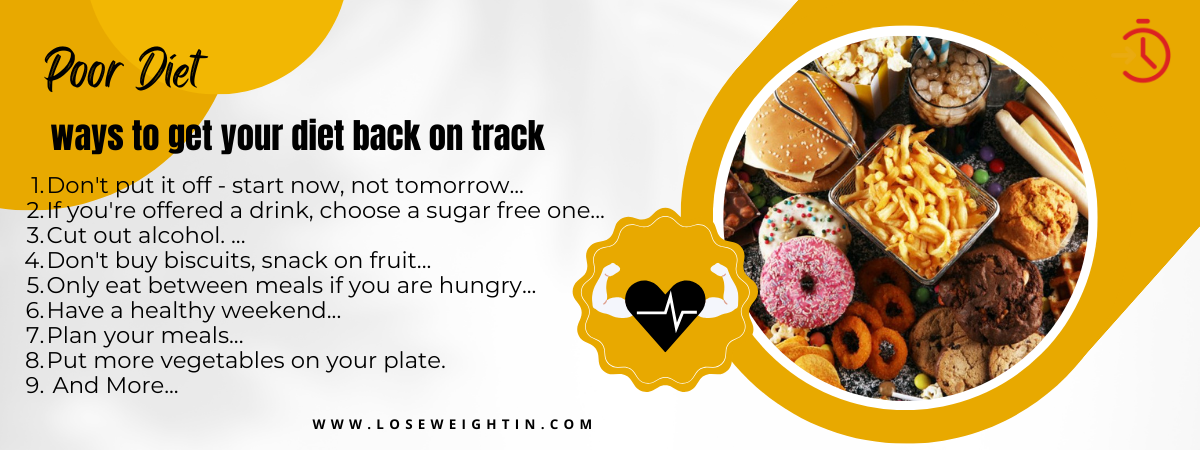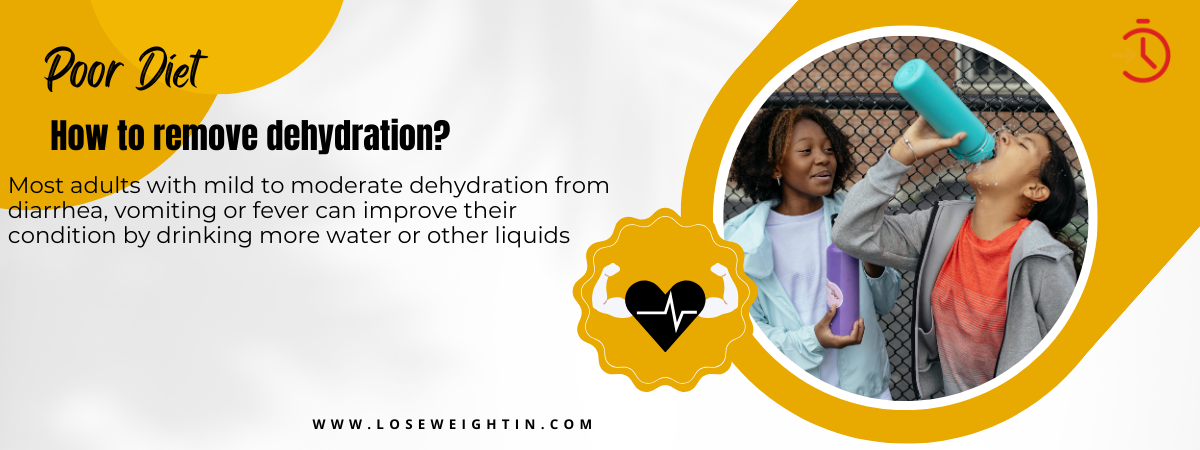How To Treat Digestive Problems? 2024
Digestive problems encompass a range of issues that affect the gastrointestinal tract, including symptoms such as bloating, gas, constipation, diarrhea, and heartburn. Causes can vary from diet and stress to underlying conditions such as irritable bowel syndrome (IBS) or gastroesophageal reflux disease (GERD). Managing digestive health involves balanced nutrition, hydration, and sometimes medical intervention.
Digestive system problems can be summarized in 10 problems that we will explain?
1. Poor Diet
High-fat, sugary, and low-fiber foods can disrupt digestion, leading to constipation, gas, and bloating. A poor diet high in fats, sugars, and low in fiber can disrupt digestion, leading to constipation, gas, and bloating. Processed foods lack essential nutrients and can slow down the digestive process.
2. Dehydration
Dehydration slows digestion, causing constipation and discomfort. Water helps break down food and absorb nutrients, so a lack of it can lead to hard stools and hinder overall digestive health. Not drinking enough water can hinder digestion and lead to constipation.
3. Stress
Stress can slow digestion or cause gut spasms, leading to discomfort and irregularity. Stress impacts digestion by altering gut motility, slowing it down or speeding it up. This can cause symptoms like cramps, bloating, and irregularity, as the system responds to stress hormones.
4. Lack of Exercise
Lack of exercise can slow digestion, leading to bloating, gas, and constipation. Physical activity stimulates bowel movements, helping food move smoothly through tract. Physical inactivity may slow down digestion, causing bloating and constipation.
5. Medication Side Effects
Some medications, like antibiotics, can disrupt the balance of gut bacteria. or irritate the stomach lining, leading to digestive issues like nausea, gas, and constipation or diarrhea.
6. Food Intolerances and Allergies
Foods like lactose or gluten can cause digestive issues in sensitive individuals. Food intolerances, like lactose or gluten intolerance, cause digestive issues when the body can’t properly digest certain foods. This can lead to bloating, gas, diarrhea, and discomfort. Allergies trigger immune responses, potentially causing stomach pain or cramps.
7. Infections and Bacteria
infections from viruses or harmful bacteria like *H. pylori* can lead to stomach pain, nausea, diarrhea, and ulcers. These pathogens disrupt the gut’s natural flora, causing inflammation and digestive discomfort that may require medical treatment. Viruses and harmful bacteria, such as H. pylori, can lead to stomach issues and ulcers.
8. Underlying Health Conditions
Conditions like IBS, GERD, and Crohn’s disease cause chronic. They lead to symptoms like pain, bloating, and irregular bowel movements, as these conditions disrupt normal digestive processes, often needing lifestyle changes or medication. Conditions like IBS, GERD, and Crohn’s disease cause chronic.
9. Aging
Aging slows down the often causing constipation and other issues. Aging affects digestion by slowing down metabolism and reducing production, leading to issues like constipation and bloating. Older adults may also experience a decrease in gut motility, impacting regularity and nutrient absorption.
10. Smoking and Alcohol
Smoking and alcohol irritate the digestive tract, increasing acid production and leading to issues like acid reflux, heartburn, and ulcers. These habits can disrupt gut balance, slow digestion, and damage the stomach lining over time. These habits can irritate the digestive tract, leading to acid reflux and other issues.



